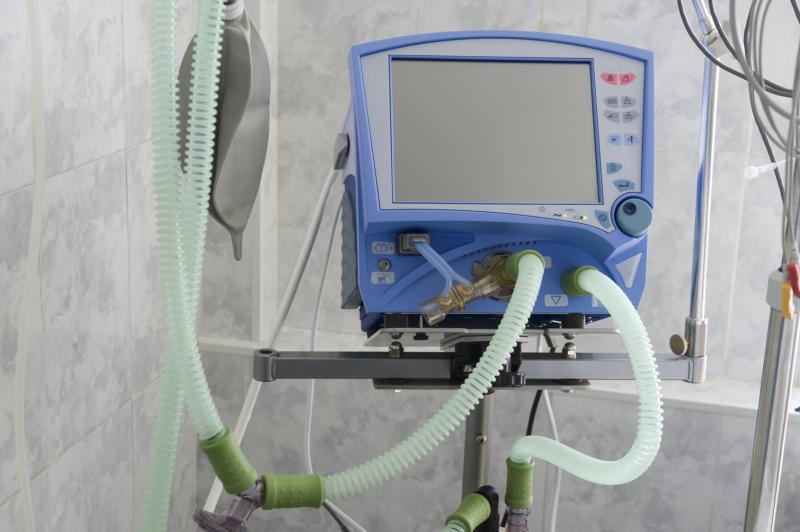
In patients with chronic respiratory failure managed with domiciliary noninvasive ventilation (NIV), a single night of intelligent volume-assured pressure support (iVAPS) with an automatically adjusting expiratory positive airway pressure (AutoEPAP) is noninferior to that with manual EPAP titration, a recent study has shown.
Thirty-eight patients with chronic respiratory failure (neuromuscular disease, chronic obstructive pulmonary disease, obesity hypoventilation and other aetiologies) and an apnoea–hypopnoea index of >5/h across six US sites participated in this prospective, single-blind, randomized, crossover study, which compared 4% oxygen desaturation index (ODI4%) values during the use of an AutoEPAP algorithm vs manual EPAP titration with the iVAPS algorithm.
In random order, participants who were already established NIV users underwent a single night of NIV with the iVAPS manual EPAP and iVAPS AutoEPAP in the sleep laboratory.
Mean ODI4% with AutoEPAP was statistically noninferior to that with manual EPAP (p<0.0001). No differences was observed in the effect on ODI4% across respiratory failure subgroups. The two NIV modes showed comparable ventilation parameters and gas exchange, indicating their effectiveness in the treatment of respiratory failure. Furthermore, patients had improved sleep parameters during AutoEPAP as compared with manual EPAP.
“Patients with chronic respiratory failure are increasingly managed with domiciliary NIV,” the investigators said. “There may be limited ability to provide NIV titration for these complex patients, and ventilatory requirements and upper airway support needs may change over time.”
Hence, patients with respiratory failure may benefit more from an AutoEPAP algorithm over manually adjusted EPAP, they added.